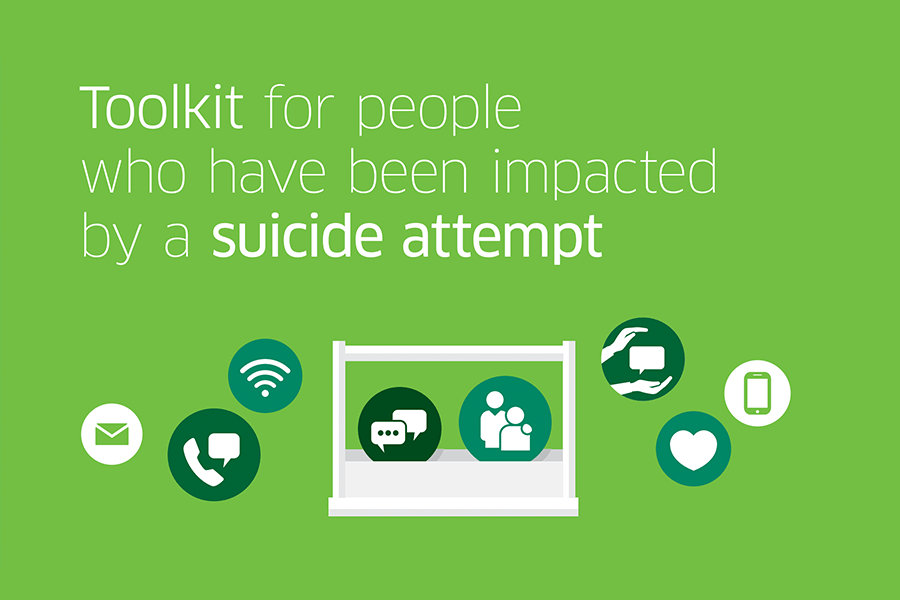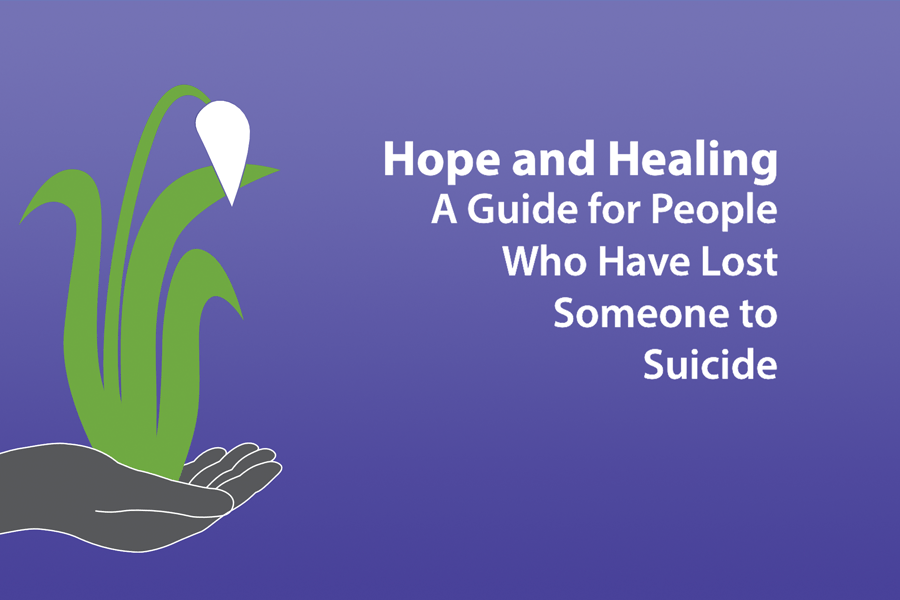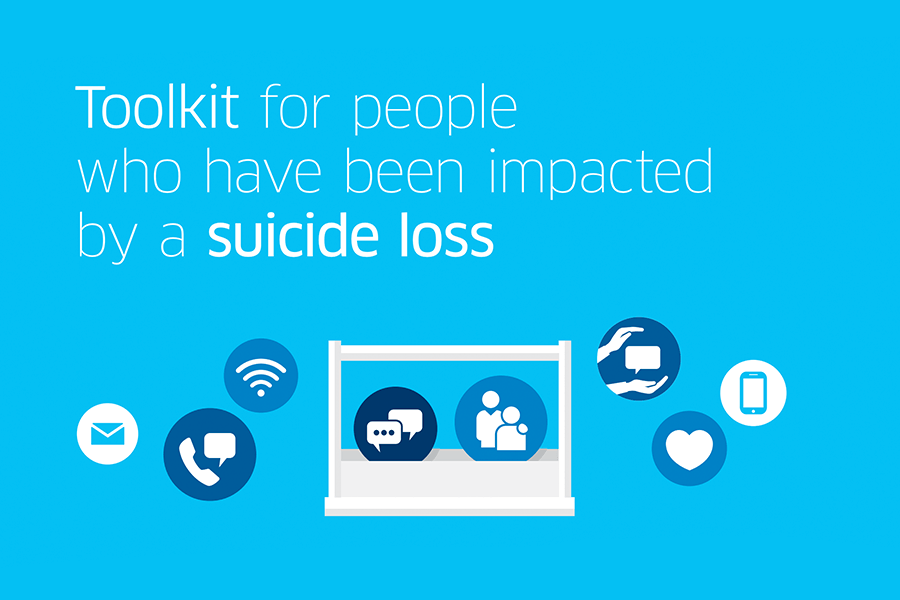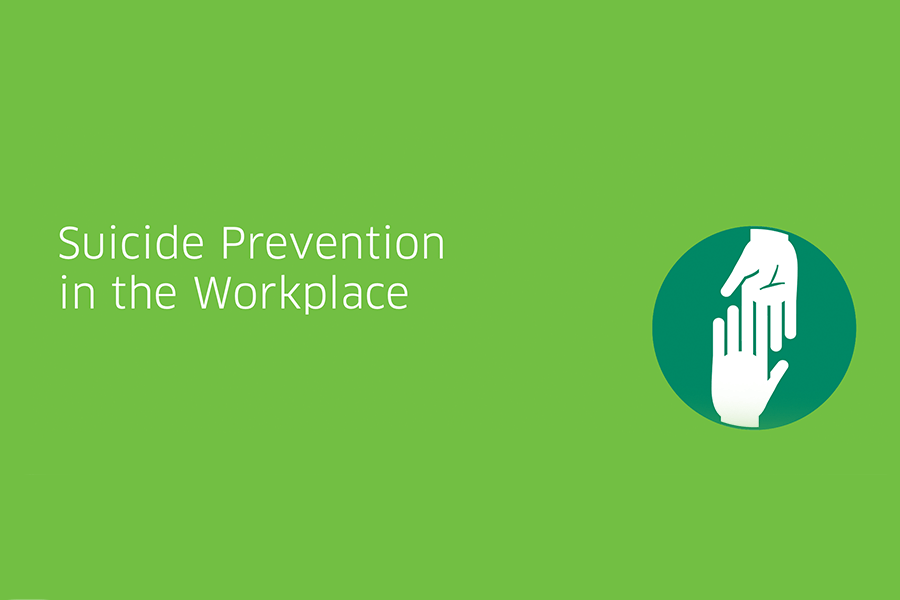Suicide
It’s important to note that most people who actively manage their mental health conditions go on to engage in life.
Risk Factors and Warning Signs of Suicide.
What leads to suicide?
There’s no single cause for suicide. Suicide most often occurs when stressors and health issues converge to create an experience of hopelessness and despair. Depression is the most common condition associated with suicide, and it is often undiagnosed or untreated. Conditions like depression, anxiety and substance problems, especially when unaddressed, increase risk for suicide. Yet it’s important to note that most people who actively manage their mental health conditions go on to engage in life.
Something to look out for when concerned that a person may be suicidal is a change in behavior or the presence of entirely new behaviors. This is of sharpest concern if the new or changed behavior is related to a painful event, loss, or change. Most people who take their lives exhibit one or more warning signs, either through what they say or what they do.
Apps
Warning Signs of Suicide
Talk
Not using at all.
Behaviour
When a person tries substances for the first few times. They maybe curious, want to fit in or believe that nothing bad will happen.
Mood
The person seeks out and uses a substance to enhance a social occasion. Use is irregular, infrequent and usually occurs with others.
Suicide Risk Factors
Health Factors
Mental health Conditions
- depression
- substance use problems
- bipolar disorder
- schizophrenia
- personality traits of aggression, mood changes and poor relationships
- conduct disorder
- anxiety disorders
- serious physical health conditions including pain
- traumatic brain injury
Environmental Factors
- Access to lethal means including firearms and drugs.
- Prolonged stress, such as harassment, bullying, relationship problems or unemployment.
- Stressful life events, like rejection, divorce, financial crisis, other life transitions or loss.
- Exposure to another person’s suicide, or to graphic or sensationalized accounts of suicide.
Historical Factors
- Previous suicide attempts
- Family history of suicide
- Childhood abuse, neglect or trauma
Helpful Apps

Breathr: Mindful Moments
FREE
An app to help introduce the concept of mindfulness and create an easy access point for those who are new to this practice. Try out a variety of mindfulness practices, while also teaching them interesting facts about the brain science behind these practices.

Headspace: Meditation & Sleep
$$
Meditate and sleep soundly. Headspace is your guide to practicing mindfulness in your everyday life. Learn how to relax, manage stress, and focus your energy to become more centered and well rested. Create a calm and positive environment with Headspace.
Suicide Resources












